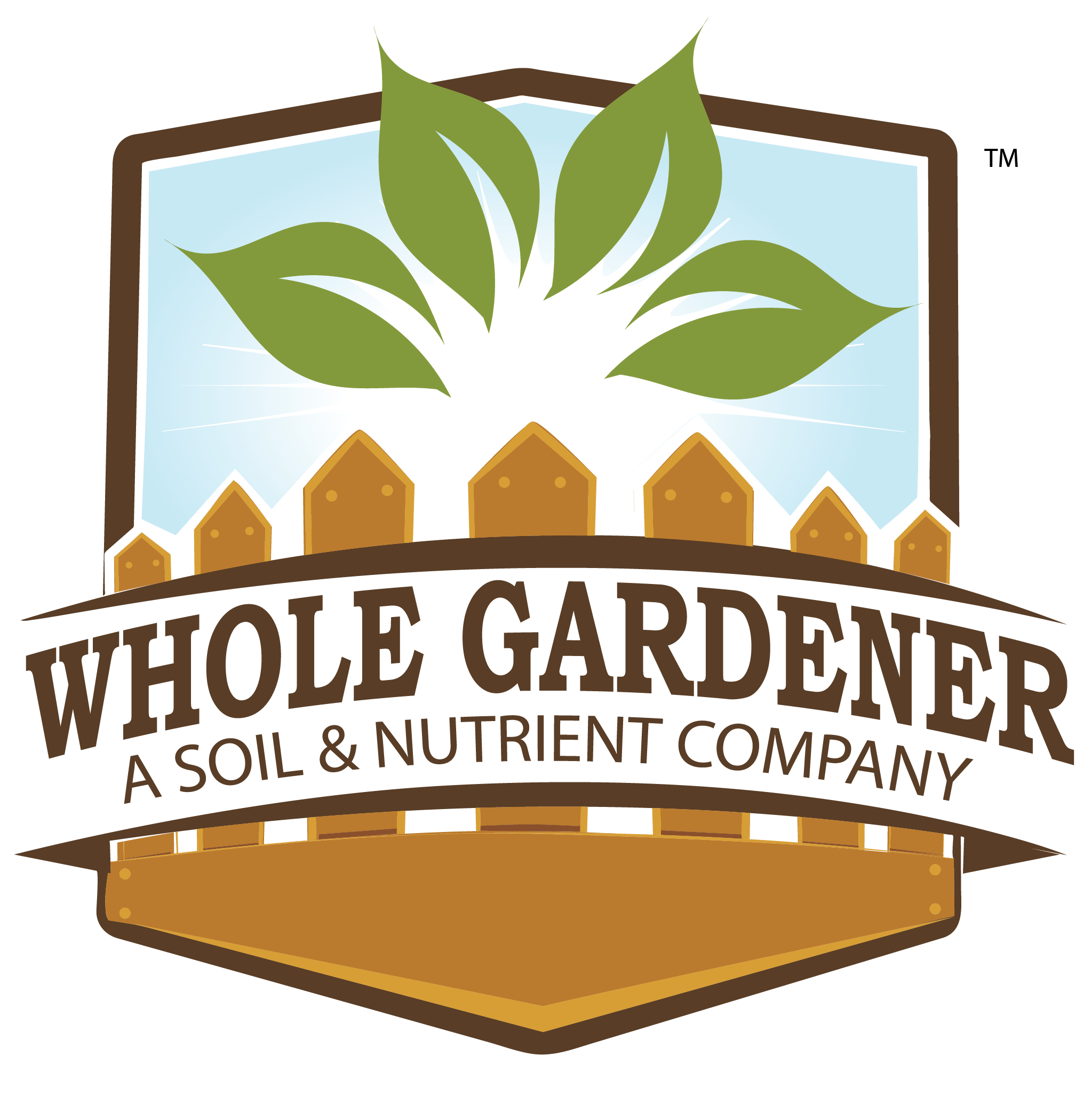Primary Nutrients
Primary Nutrients Essential to Plant Health
The following primary nutrients are nutrients that are needed by the plant in large amounts:
Nitrogen (N)
Primary role in the plant:
Plant green up and growth, helps chlorophyll production, flowering and fruit development
Summary:
Nitrogen is a building block of plant proteins. It is an integral part of chlorophyll and is a component of amino acids, nucleic acids and coenzymes. Most nitrogen in the soil in tied up in organic matter. It is taken up by plants as nitrate (NO3-) and ammonium (NH4+) ions from inorganic nitrate and ammonium compounds. These compounds can enter the soil as a result of bacterial action (nitrogen fixation), application of inorganic nitrogen fertilizer, or conversion of organic matter into ammonium and nitrate compounds. Not all nitrates in the soil are taken up by plants. Nitrates can be leached beyond the root zone in sandy soils or converted to nitrogen gas in wet, flooded soils. Nitrogen fixation by soil microbes immobilizes nitrogen, making it available for later use by plants.
Deficiency symptoms:
- Slow growth and stunting.
- Yellow-green color leaves.
- “Firing” of tips and margins of leaves; yellowing begins with mature leaves.
Phosphorus (P)
Primary role in the plant:
Used by all parts of the plant root for growth, flowering and fruit
Summary:
Plants use phosphorus to form the nucleic acids DNA and RNA and to store and transfer energy. Phosphorus promotes early plant growth and root formation through its role in the division and organization of cells. Phosphorus is essential to flowering and fruiting and to the transfer of hereditary traits. Phosphorus is adsorbed by plants as H2PO4-, HPO4-2 or PO-3, depending upon soil pH. The mobility of phosphorus in soil is low, and deficiencies are common in cool, wet soils.
Deficiency symptoms:
- Slow growth and stunting.
- Purplish coloration on foliage of some plants.
- Dark green coloration with tips of leaves dying.
- Delayed maturity.
- Poor fruit or seed development.
Potassium (K)
Primary role in the plant:
Important in water transfer, stress tolerancy, flowering and fruit development, disease resistance
Summary:
Potassium is necessary to plants for translocation of sugars and for starch formation. It is important for efficient use of water through its role in opening and closing small apertures (stomata) on the surface of leaves. Potassium increases plant resistance to diseases and assists in enzyme activation and photosynthesis. It also increases the size and quality of fruits and improves winter hardiness.
Plants take up potassium in the form of potassium ions (K+). It is relatively immobile in soils but can leach in sandy soils.
Deficiency symptoms:
- Tip and marginal “burn” starting on mature leaves. Lower leaves turn yellow.
- Weak stalks and plants lodge easily.
- Small fruits or shriveled seeds.
- Slow growth.

